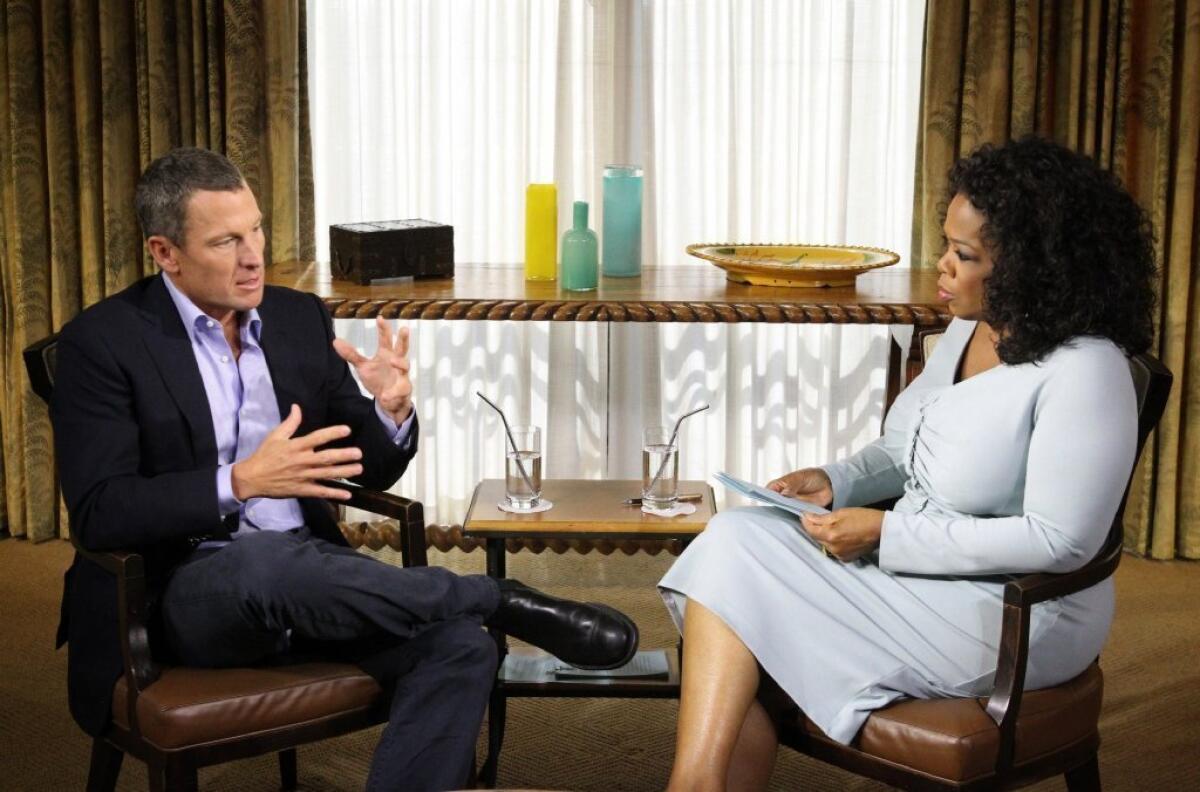Liars, come clean -- it’ll make you feel better, study reveals

Let’s first just lay this harsh fact on the table: Research tells us very clearly that a lot of us lie to benefit ourselves.
We lie often, about things large and small. And even when we’re caught, many of us cling to our mendacious ways: We either double down and stick to our story, or make a partial confession, acknowledging just a bit of the whopper we may have told.
Why we humans depart so routinely from the social values we purport to embrace intrigues psychologists, and it’s the subject of a provocative study out this week in the Journal of Personality and Social Psychology. In a series of laboratory experiments, a trio of psychologists aimed to capture how often people lie for personal benefit, how frequently -- and fully -- they confess when given the opportunity, and how they feel about themselves when they do.
RELATED: Like Lance Armstrong, we are all liars, experts say
When we lie -- which between 35% and 44% of subjects did in the experiments described here -- we usually feel bad about ourselves. That suggests that our internalized conscience is generally working (even if unsuccessfully) to steer our behavior in ways that preserve the social contract.
But in a case where an experimental subject inflated his or her performance in a game to reap a higher reward, and then was given the chance (with no risk to the payout) to come clean, only about 19% of subjects confessed. And of those, 40% lied again by downplaying the extent of their original deception: They offered a partial confession.
However, of those who lied about their correct predictions in an online coin-toss game, 60% made a full confession when given the opportunity, and they felt better about themselves than did the 40% of liars who, when given the opportunity to recant, made a partial confession.
There’s that conscience again, still working to maintain the integrity of our social fabric.
“People feel the need to confess to their wrongdoings -- whether partially or fully,” wrote the authors of the study, who recruited close to 4,000 subjects for their experiments from an online marketplace for work.
Most of us are desperate to preserve our view of ourselves as upright and ethical, even when our behavior strays from that ideal, the psychologists noted. For some, expunging the guilt at such a lapse demands nothing less than a full confession. But for many people, the urge to confess collides with an unwillingness to acknowledge the true extent of the dishonesty. Thus, the partial confession.
The authors of the current study -- Eyal Peer and Alessandro Acquisti of Carnegie Mellon University and Shaul Shalvi of Ben-Gurion University of the Negev -- also explored what motivates those who confess, whether partially or fully. The answer wasn’t particularly pretty: Subjects were asked to assess their likely motivations in a hypothetical situation in which they cheated, and most suggested their personal credibility would be heightened by a confession. A full confession might inspire greater credibility than a partial one, the subjects suggested; but they were conscious of the fact that a full confession would come with a potentially steep consequence: the loss of ill-gotten gains.
Liars may often “plead to a lesser offense” in a bid to appear more credible, and to salve their consciences, the researchers observed. But humans are poor predictors of their own future feelings, they added, and often realize too late that a full confession would have been more satisfying.
Oh, what a tangled web we weave....







